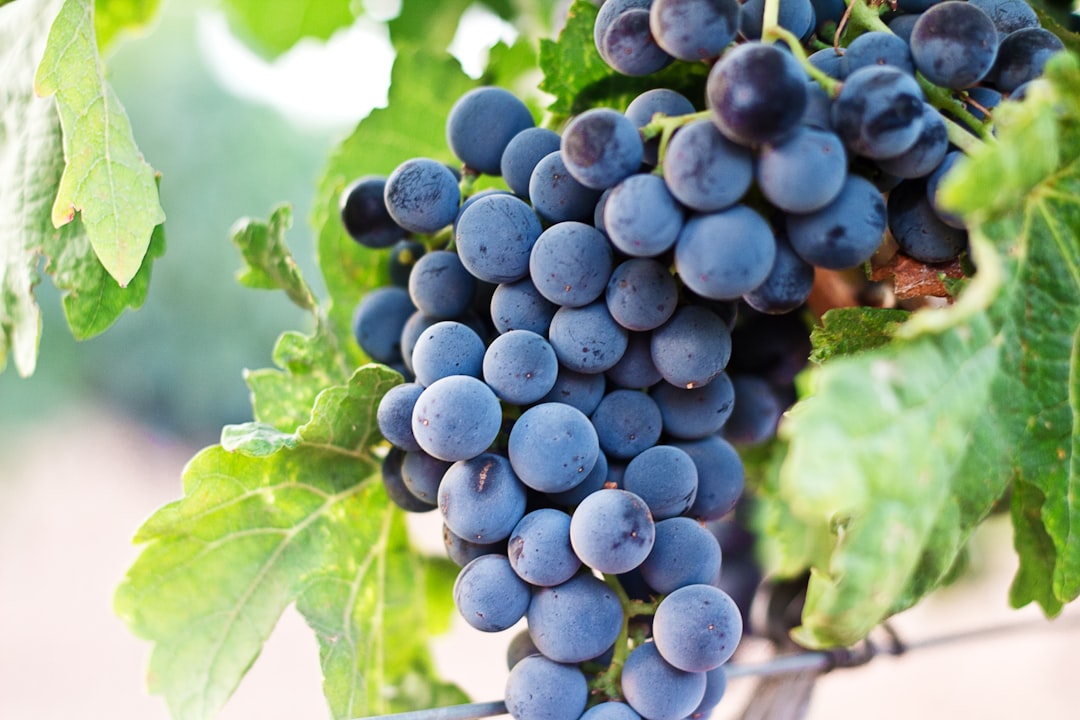What is it about?
This work fills a research gap by undertaking an empirical investigation of wine tourism by applying the dynamic capability approach in tandem with institutional theory, which enables modeling of the causes and effects of wine tourism development in wineries.
Featured Image
Why is it important?
Our findings show that through wine tourism development, the wineries purposely create, extend, and modify their processes, building and using dynamic capabilities, whereas institutional factors shape firms’ behavior and ensure social legitimacy for their actions and practices, besides improving their organizational performance.
Perspectives
It is a study that demonstrates how the wineries must change their organizational capabilities and processes to develop wine tourism in your business. Also as shown how the wine route is an important institutional body which influences these companies in relation to wine tourism. In addition to providing important contributions to the wine industry, namely to the wineries and the wine routes.
Professor Joice Lavandoski
Unirio
Read the Original
This page is a summary of: Causes and effects of wine tourism development in organizational context: The case of Alentejo, Portugal, Tourism and Hospitality Research, February 2016, SAGE Publications,
DOI: 10.1177/1467358416634159.
You can read the full text:
Contributors
The following have contributed to this page










